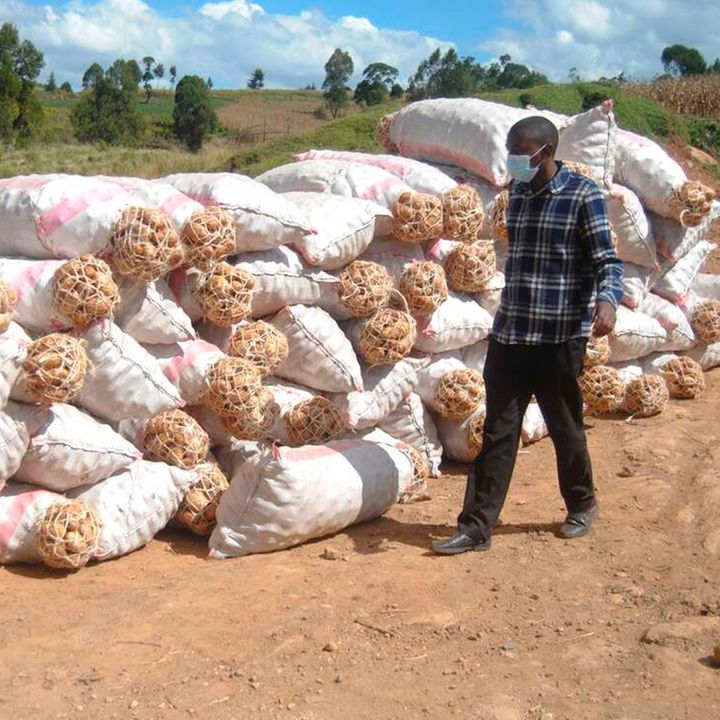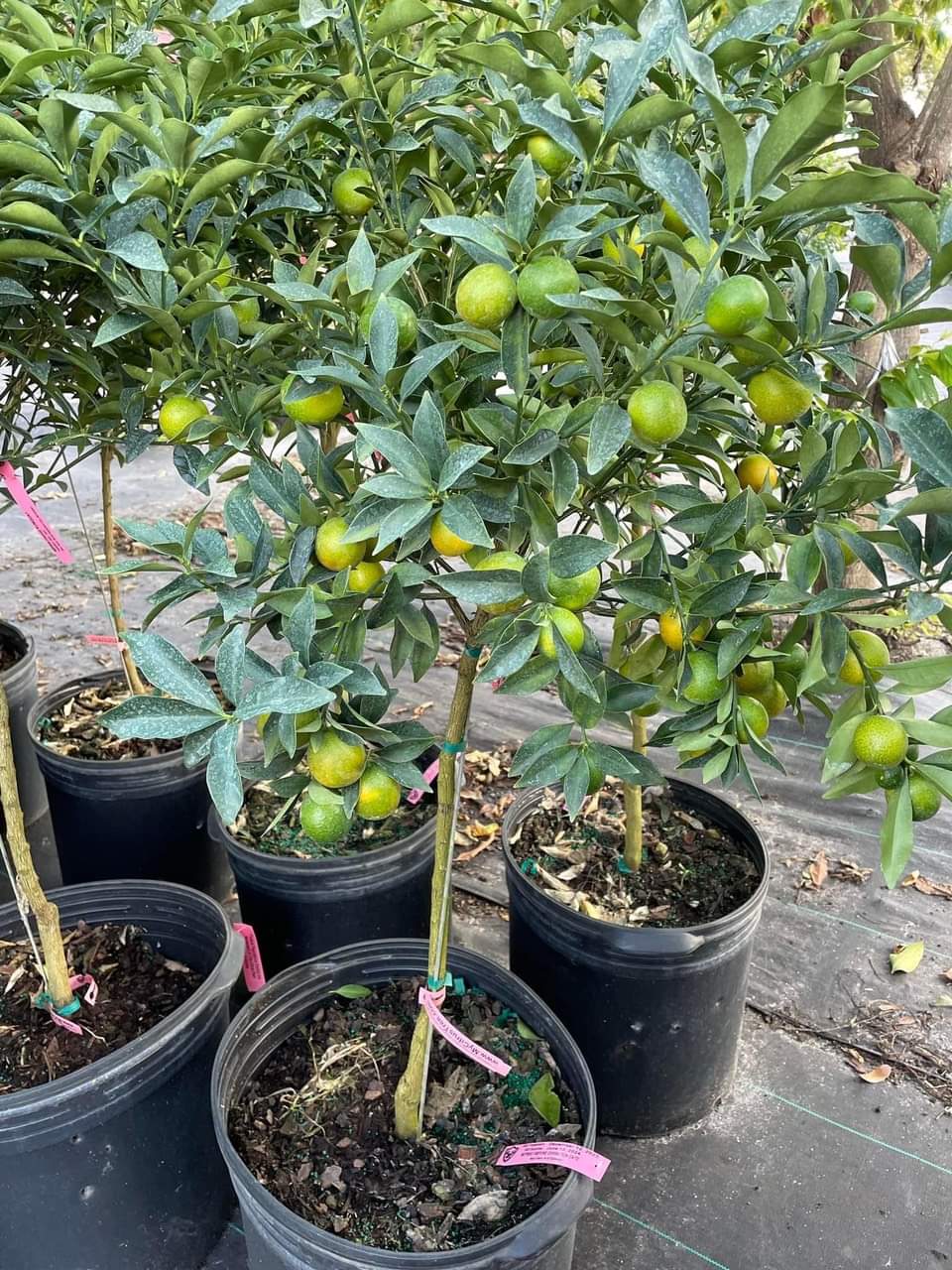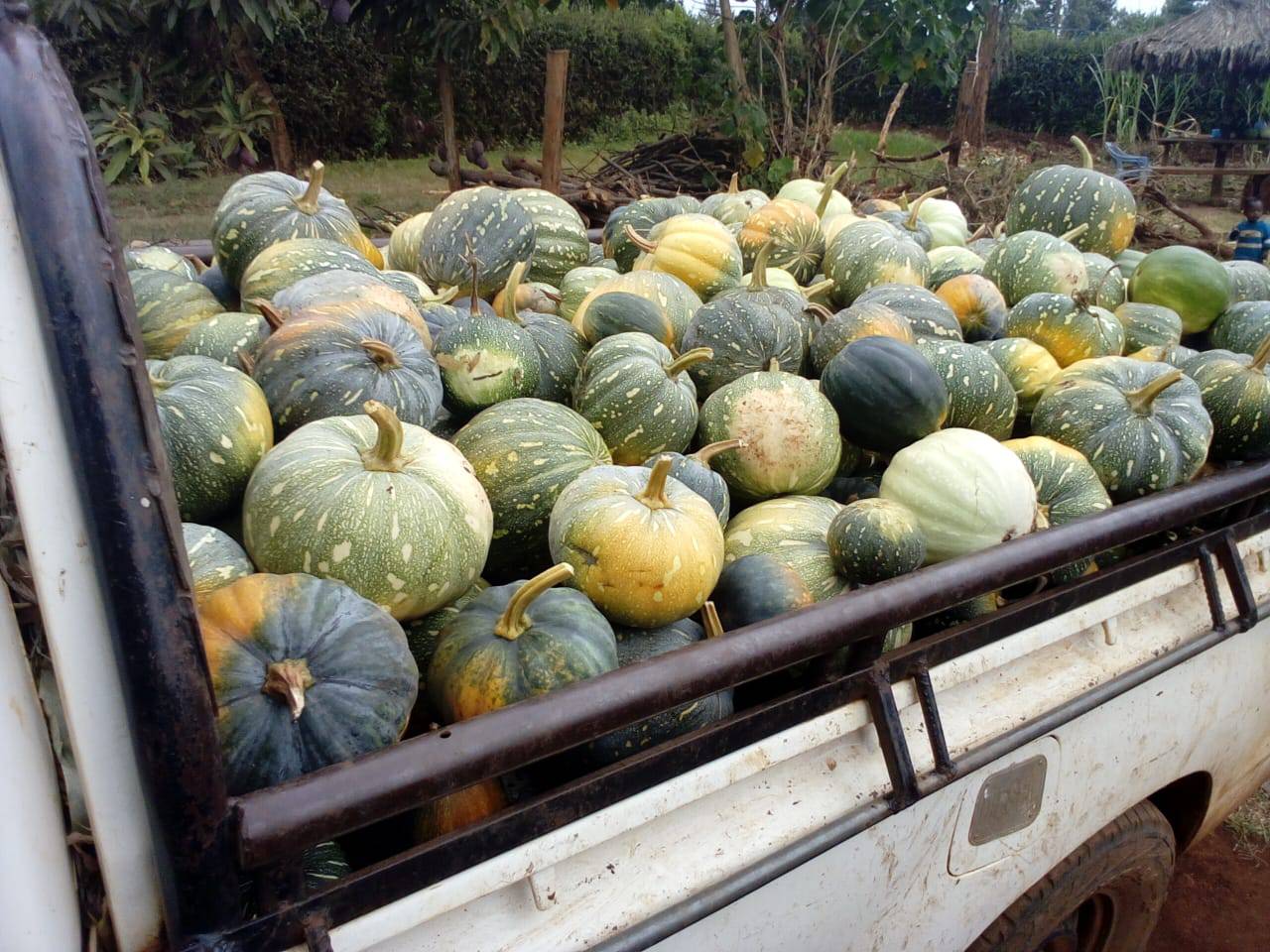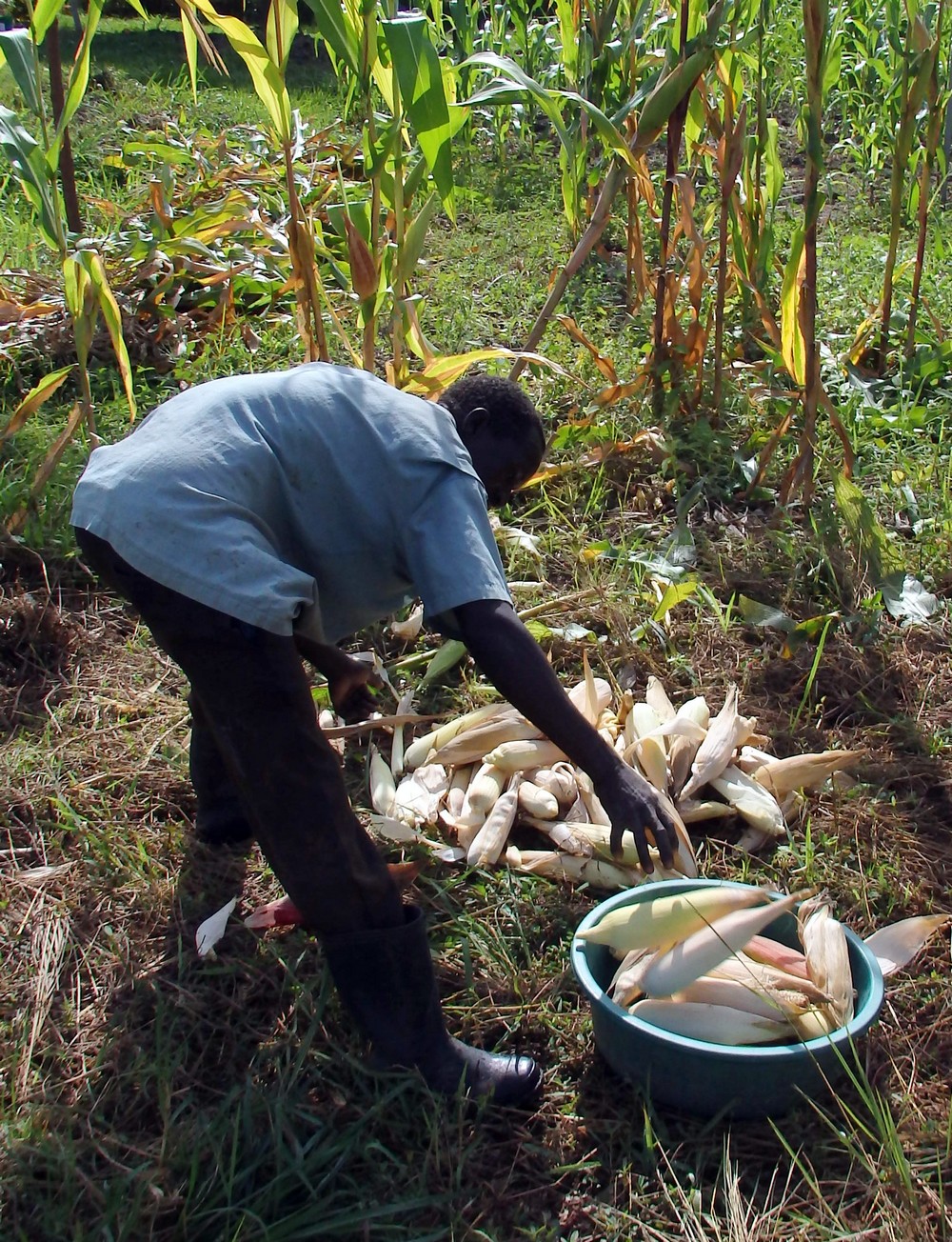Investigations indicate that brokers have recommenced using the extended 100kg sack called ‘kata nyoka’ to purchase the potatoes from farmers.
For one such a sack, farmers are paid Sh800, meaning that the 50kg sack recommended by potato regulations earns them a paltry Sh400. That price translates to Sh8 per kilo.
A kilo of potatoes in Nairobi, Nakuru and other industrial towns can produce three packs of crisps, each retailing for Sh100 or between three and five plates of French fries (chips), which sell for between Sh80 and Sh550 in restaurants.
Faith wa Kepha, another farmer, says the poor prices are a big blow for farmers, coming in a season when parents rely on the early-year harvests for school fees.
New farming technologies
The poor prices are blamed on two main factors: lack of marketing strategies by the national government and potato-growing counties, and farmers’ laxity in embracing new farming technologies and potato varieties.
This is happening despite massive investments by both levels of government and donors in promoting a crop listed as a second important food crop in Kenya by the International Potato Centre.
Growers blame both levels of government for failing to protect them against imports of the tubers even though farmers themselves have failed to adopt and fully embrace mitigation measures and instead prefer traditional marketing methods and rely too much on the government.
Unlike in other areas – such as in the coffee, tea, and dairy industries – where small-scale growers have embraced common-interest groups and cooperative societies to champion their interests, potato growers lack such drive and initiatives, a gap that brokers continue to exploit to dictate market prices.
In Nyandarua County, the biggest potato producer, for example, efforts to have potato growers form cooperative societies have failed, and national and county officials blame cartels and brokers controlling the industry.
“It is easier and productive for the donors, prominent reliable buyers, and processors and the county and national governments to deal with organised common-interest groups than individuals,” Agriculture executive James Karitu.
“The few farmers that have embraced the formation of cooperative societies are not much affected by poor prices, they can negotiate with specific buyers and also be engaged in contract farming, which means a guaranteed market.”
His views were supported by officials of the Mwendi Kurima Farmers Cooperative Society in Kinangop constituency and the Aberdare Fresh Produce Cooperative Society in Kipipiri. These cooperatives specialise in potato and peas for local and export markets, respectively.
“We started small as a self-help group of about 15 active members but the county government assisted us to register as a cooperative society, now with 350 members,” said Mr David Muriithi, the Mwendi Kurima chairperson.
“This has given us bargaining power. Unlike other farmers who plant without a target market, we are on contract farming guaranteeing us of minimum return. We already have a market for our potatoes by the time we plant. Some of our customers are the Kenya Defence Forces, hotels, and those in value addition,”
Mr John Maina, Aberdare fresh produce society chairperson, said pea farmers had similar marketing challenges before the creation of the cooperative society.
“Besides lobbying for the best prices, under a cooperative society or common interest it is easier to lobby for other services such as training on best farming practices and subsidised farm inputs, among other services,” he said.
“It has been easier for the county department of agriculture and the executive to intervene on our behalf when we have marketing or any other challenges.”
The National Potato Council (NPC) agrees common-interest groups and cooperatives are the way to go but admits frustrations by cartels and brokers in the potato industry.
“They play dirty games to frustrate the unity of farmers. They pose as genuine farmers. The traders and brokers are well organised and know how to shout. They have the financial muscles to play dirty games and influence the farmers,” said NPC chief executive Wachira Kaguongo.
“They are afraid of potato farmers organisations and groups, fearing that if left to succeed, they will be so powerful as to dictate the market prices or look for alternative markets for the produce.”
But all is not lost. The Nyandarua government has crafted some smart ways to skillfully overcome the challenges, adopting the self-help groups model, which are smaller units easy to handle that are later converted to cooperative societies. This move is gradually bearing fruit.
Nyandarua Governor Francis Kimemia admits it is a tricky affair that requires the goodwill of farmers and local and international players.

His government and its development partners have injected billions of shillings to achieve a comprehensive potato value chain, which is slowly taking shape.
While others lamented and overreacted to a statement by KFC on the shortage of potatoes for its local outlets, Governor Kimemia sees yet another unexploited opportunity.
“It allows us to reflect on the plight of farmers in our nation. The local franchise of the American fast-food chain says that it is unable to satisfy the local demand for chips due to a delay in the shipment of potatoes,” he said.
“This is very unfortunate as potato farmers across the country, more so in Nyandarua, are grappling with marketing challenges for their produce. As the county with the highest production of potatoes in the country, we find the statement insensitive to farmers who have put every effort into producing quality potatoes.
“The potato sector in Nyandarua is worth an estimated Sh10 billion, with an annual production of around 550,000 metric tonnes.”
He also notes that a holistic approach is needed to ensure that potato farmers across Kenya reap from their sweat.
“The national government is duty-bound to protect farmers’ interests by ensuring that imports of readily available produce are either prohibited or highly discouraged. By enforcing the 50kg potato packaging regulations, our farmers will have another reason to smile,” Mr Kimemia said.
Other initiatives deliberately tailored to end the marketing challenge in the future include potato entrepreneurship skills for young people, specifically value addition and best farming practices.
Financial literacy
Under the programme, 817 youth are trained on financial literacy and entrepreneurship, a joint programme between Equity Bank and the county government.
Ol Kalou Equity Bank manager Pius Kaniaru says the beneficiaries of the skills are already receiving credit from Equity Bank.
Another adopted model is increasing market knowledge and access, with partners providing market information to farmers through interactive and innovative channels.
Dr Karitu, the agriculture executive, said the programme’s aim is to sustain marketing linkages and relationships.
“From the initiative, Sereni Fries contracted 100 farmers in the first season of 2021 who cultivated about 40 acres of the Markies and Destiny varieties. The volumes delivered were about 120 tonnes worth Sh2.76 million. In the second season, Sereni has contracted 171 farmers targeting 70 acres of land,” Dr Karitu says.
More than 15,000 farmers have been trained through the Farmers Field and Business School groups, and 76,130kg certified potato seed were distributed to farmers in 25 wards for multiplication and bulking.
But Dr Karitu admits that farmers are slow in adopting the new technologies and marketing models.





